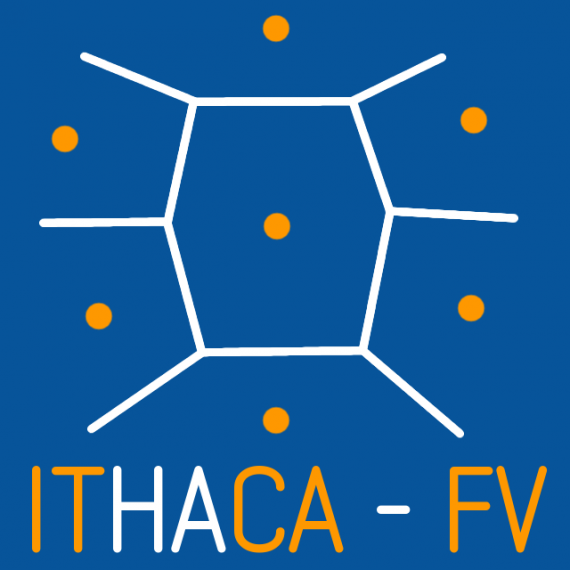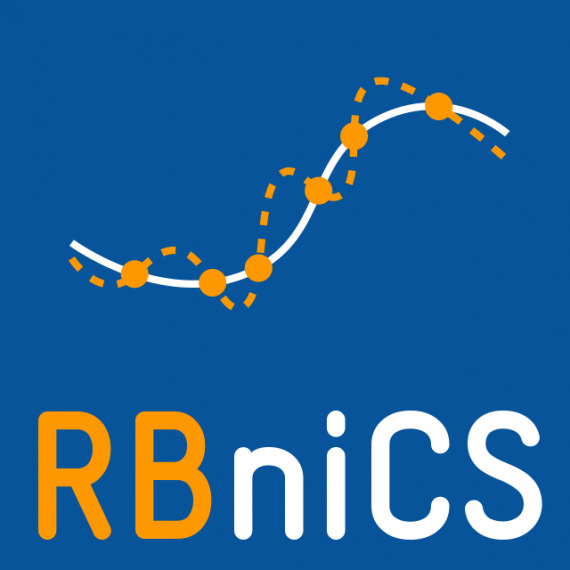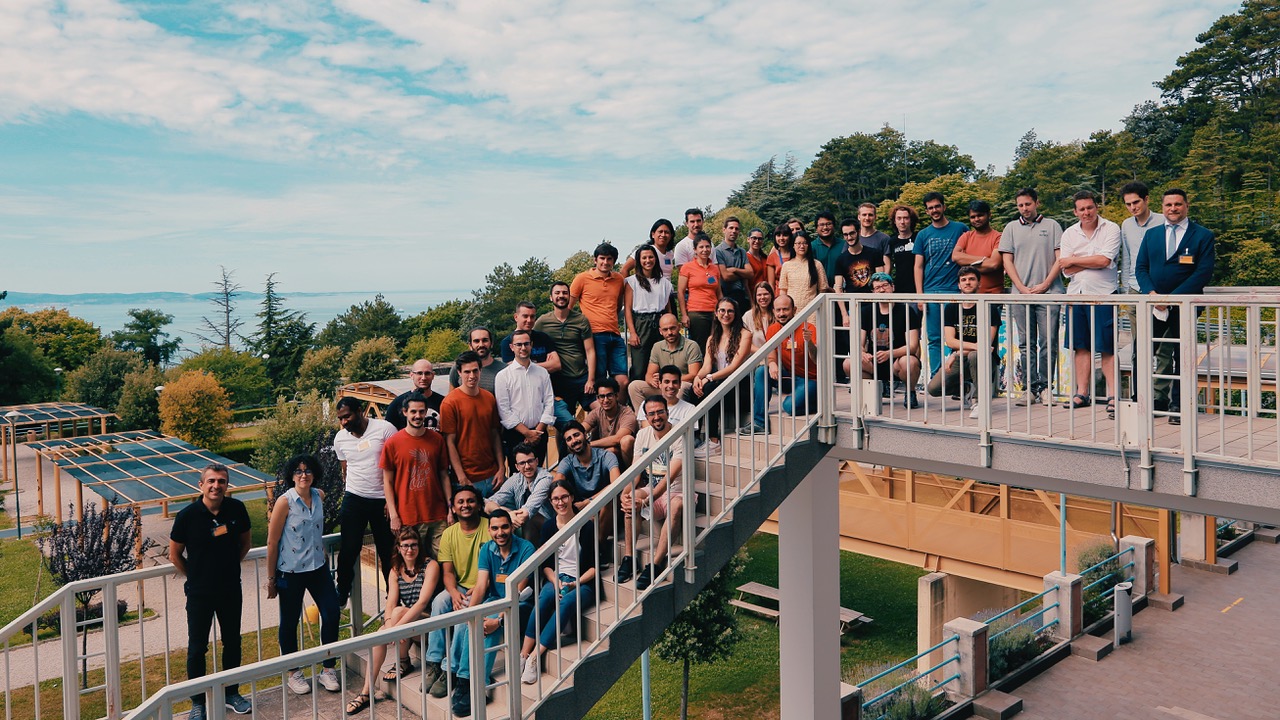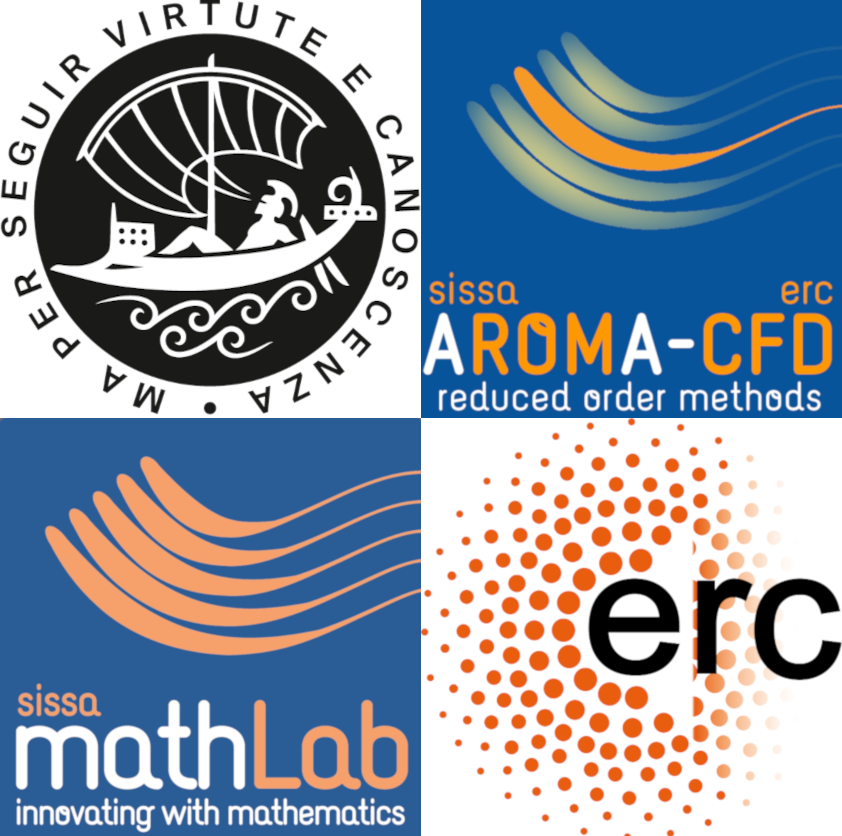Summer School on Reduced Order Methods in Computational Fluid Dynamics
SISSA, International School for Advanced Studies, Main Campus, Trieste, Italy
The scope and the structure of the Summer School (II Edition)
|
The scope of the summer school is to provide an overview of reduced order methods with particular emphasis on fluid dynamics problems. The school will start with a brief introduction on the different full order discretization techniques usually employed in computational fluid dynamics (Finite Element and Finite Volume Method) and will later introduce different reduced order modeling strategies. The methodologies introduced during the classes will also be employed during practical exercises using the computational framework developed at SISSA. In particular the libraries RBniCS and ITHACA-FV, maintained by the SISSA mathLab group, will be used. |
  |
This is the second edition, the previous Summer School on Reduced Order Methods in Computational Fluid Dynamics was held in July 2019, in Trieste.
SISSA Lecturers: Gianluigi Rozza, Giovanni Stabile, Michele Girfoglio, Martin Hess, Davide Torlo, Nicola Demo, Caterina Balzotti, Anna Ivagnes, Francesco Romor, Martina Teruzzi, Anna Nikishova, Martina Cracco, Laura Meneghetti.
Guest Lecturers: Francesco Ballarin (Catholic University of the Sacred Heart Brescia), Andrea Mola (IMT School for Advanced Studies Lucca), Federico Pichi (École Polytechnique Fédérale de Lausanne), Maria Strazzullo (Politecnico di Torino), Marco Tezzele (The University of Texas at Austin), Efthymios Karatzas. (National Technical University of Athens), Monica Nonino (University of Vienna), Samuele Rubino (University of Sevilla, Spain), Romit Maulik (Argonne National Laboratories, US).
Scientific Committee: Gianluigi Rozza, Giovanni Stabile, Michele Girfoglio.
Organizing Committee: SISSA mathLab staff.
The Summer School will be of 5 days; Also, there will be a poster session open to students and early postdocs. Participants are encouraged to prepare a poster that summarizes their research activity that will be presented during the summer school.
Group photo of the second edition of the Summer School on Reduced Order Methods in Computational Fluid Dynamics (July 2022).

The school is organized in cooperation with SISSA SIAM student chapter and it is inserted in the framework of the ERC AROMA-CFD, ERC POC ARGOS, ARIA (Accurate ROMs for Industrial Applications) and eFlows4HPC (Enabling Dynamic and Intelligent workflows in the future EuroHPC ecosystem) projects.




